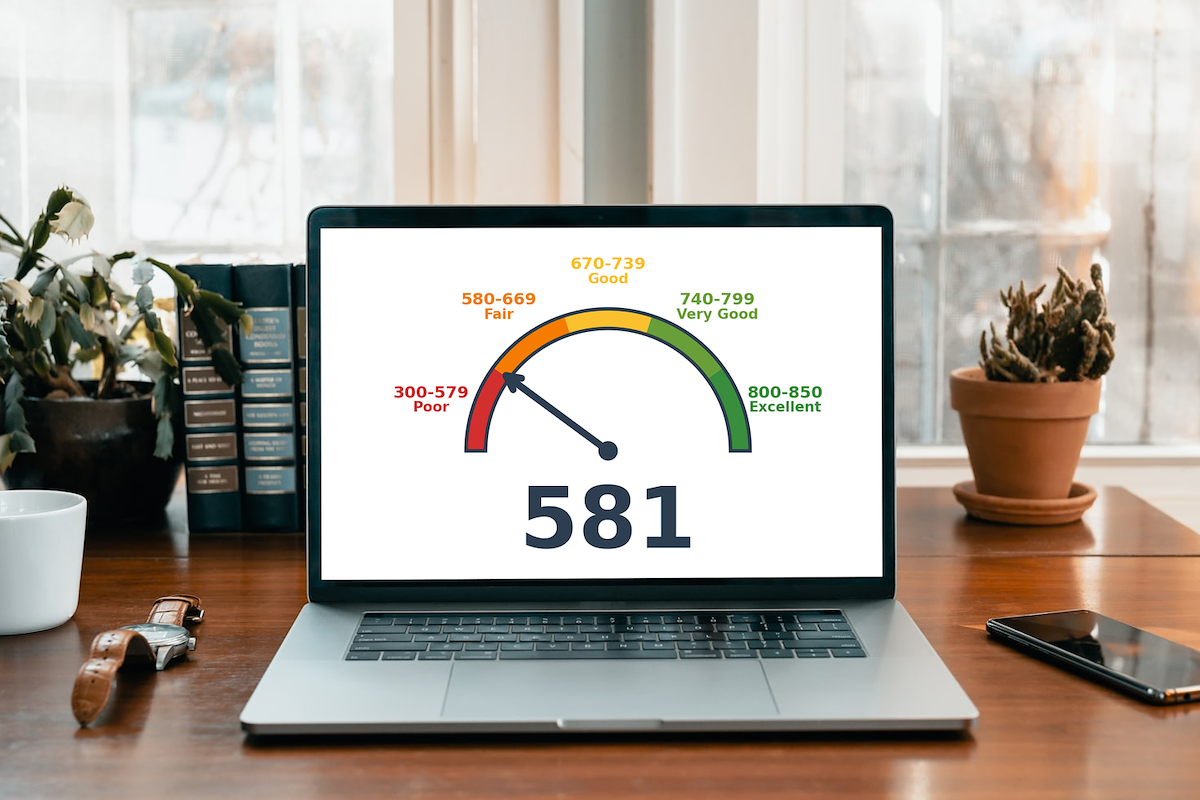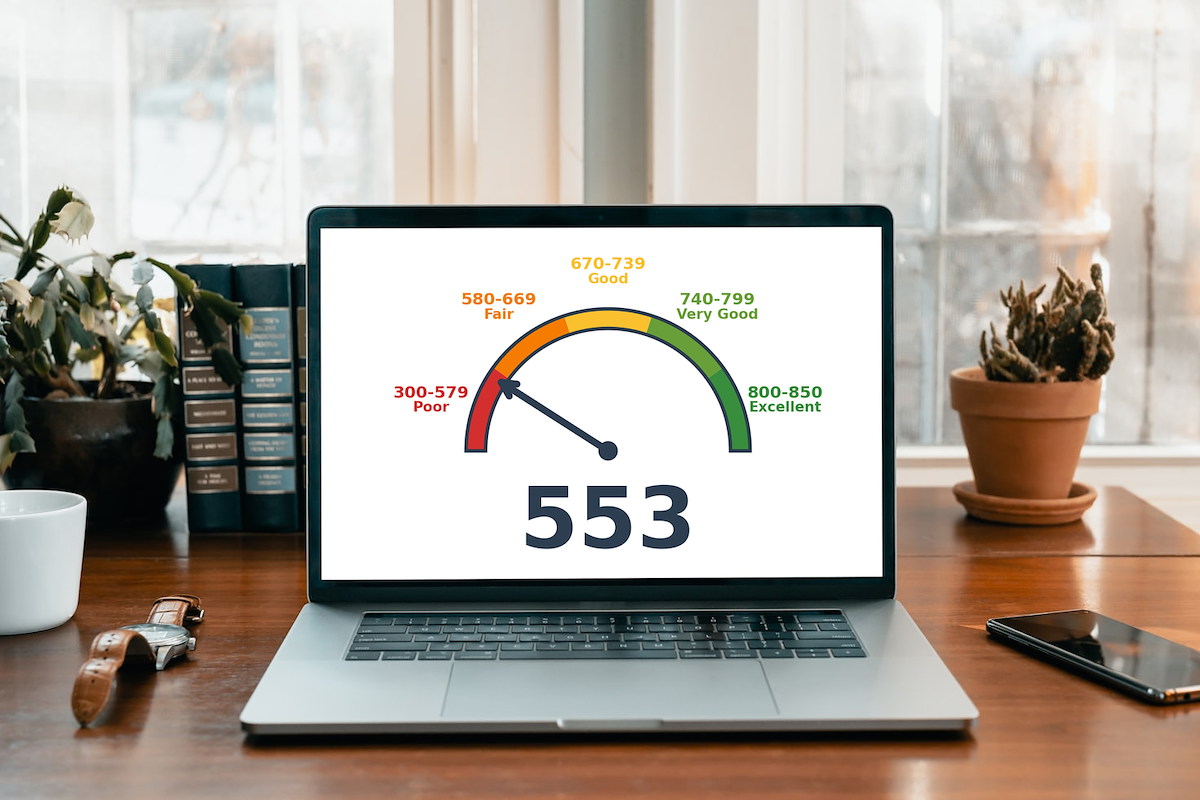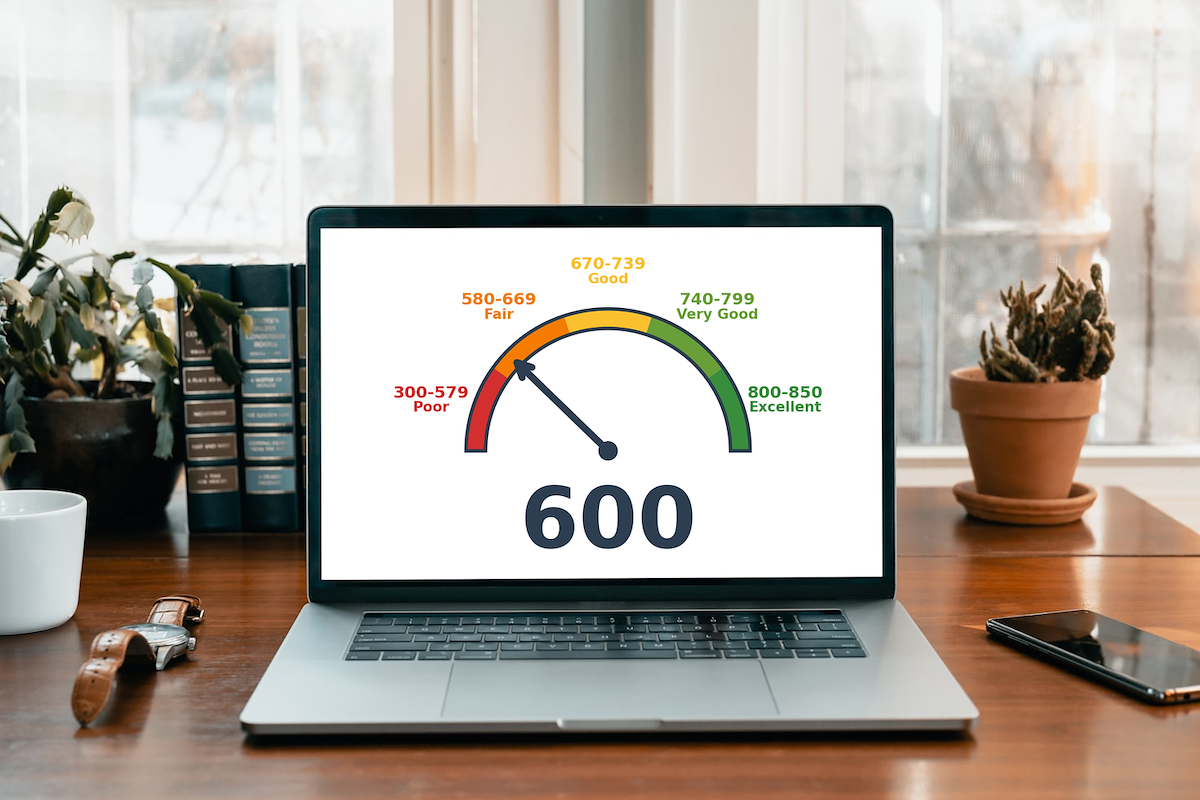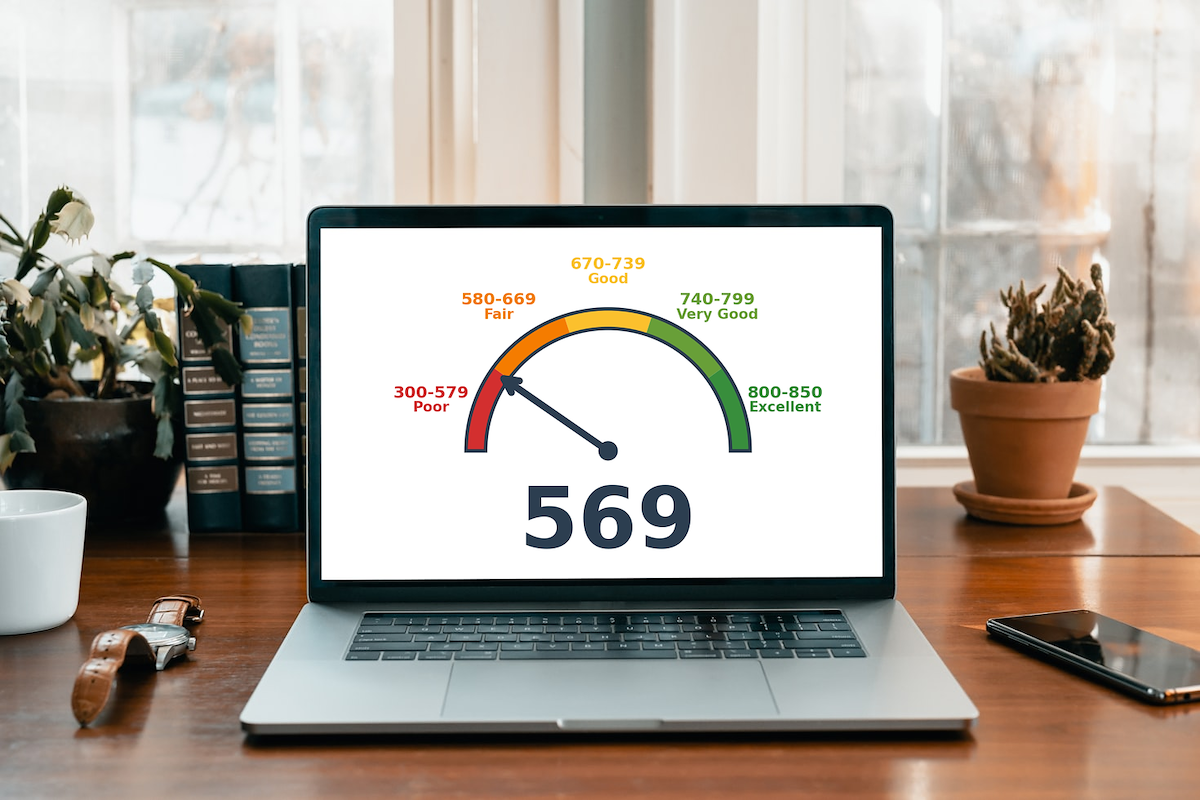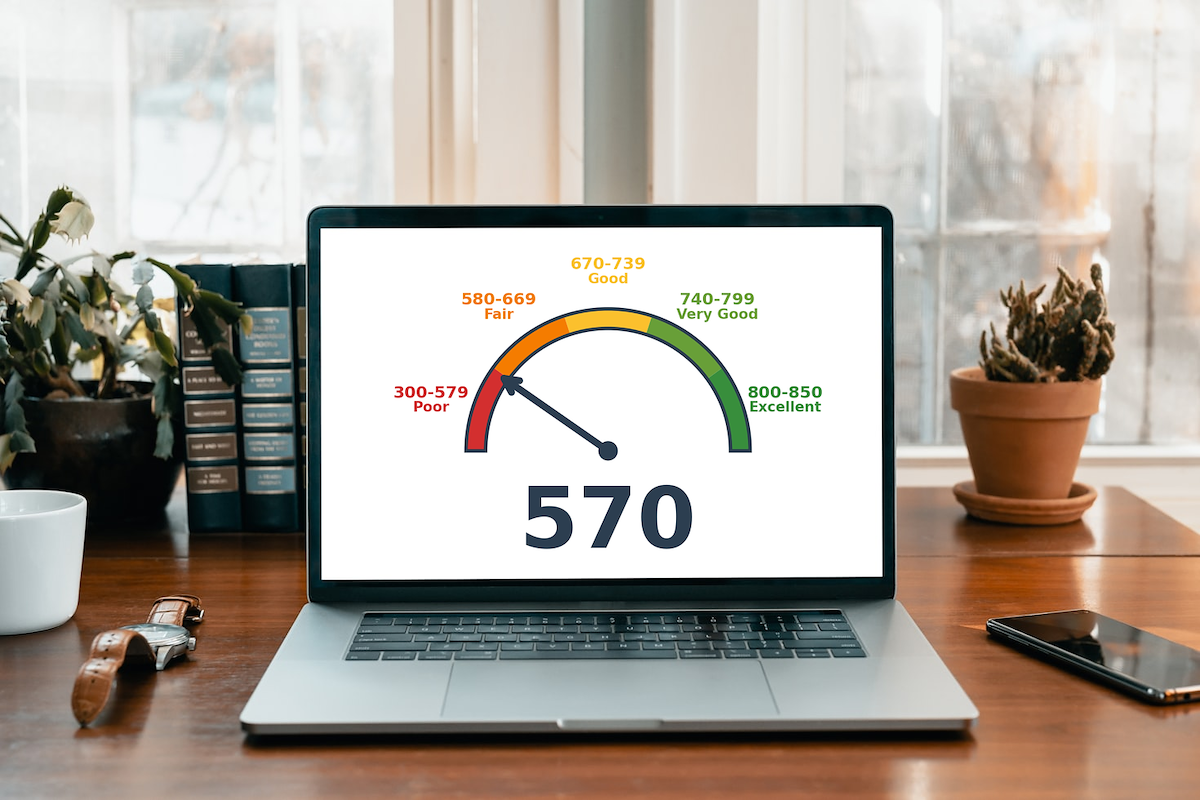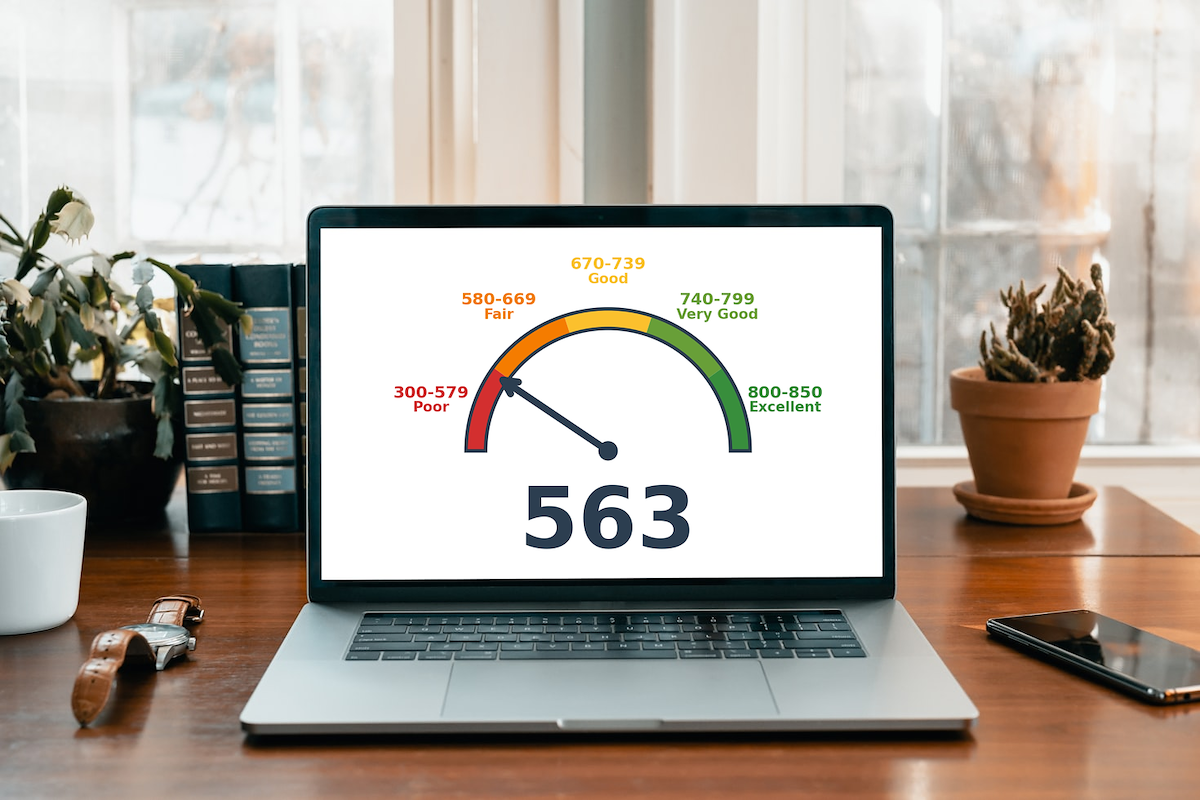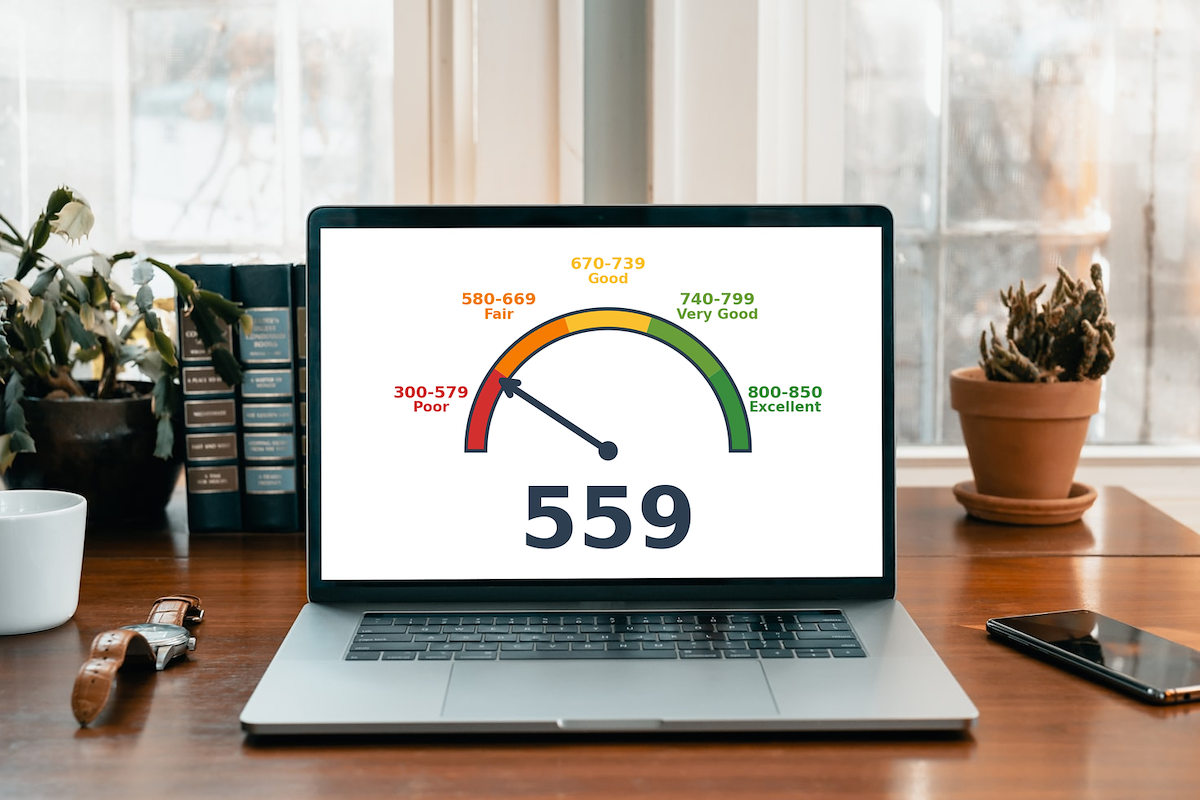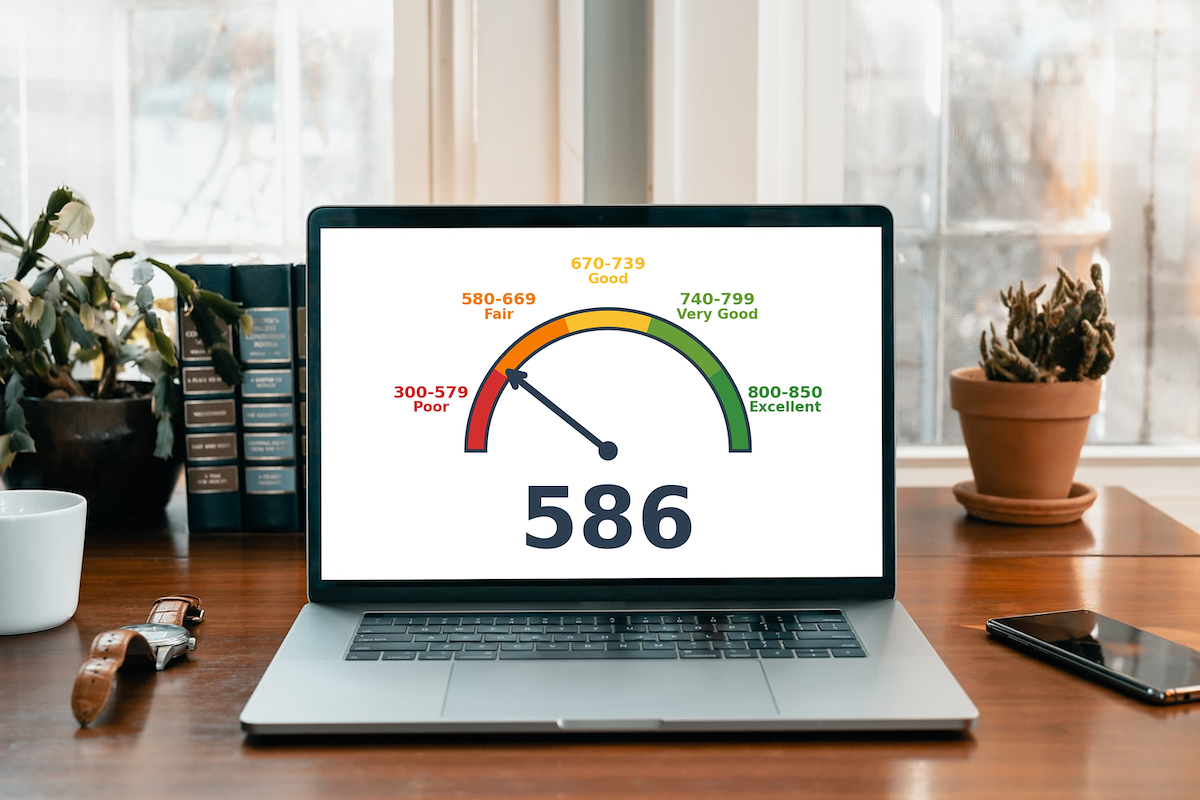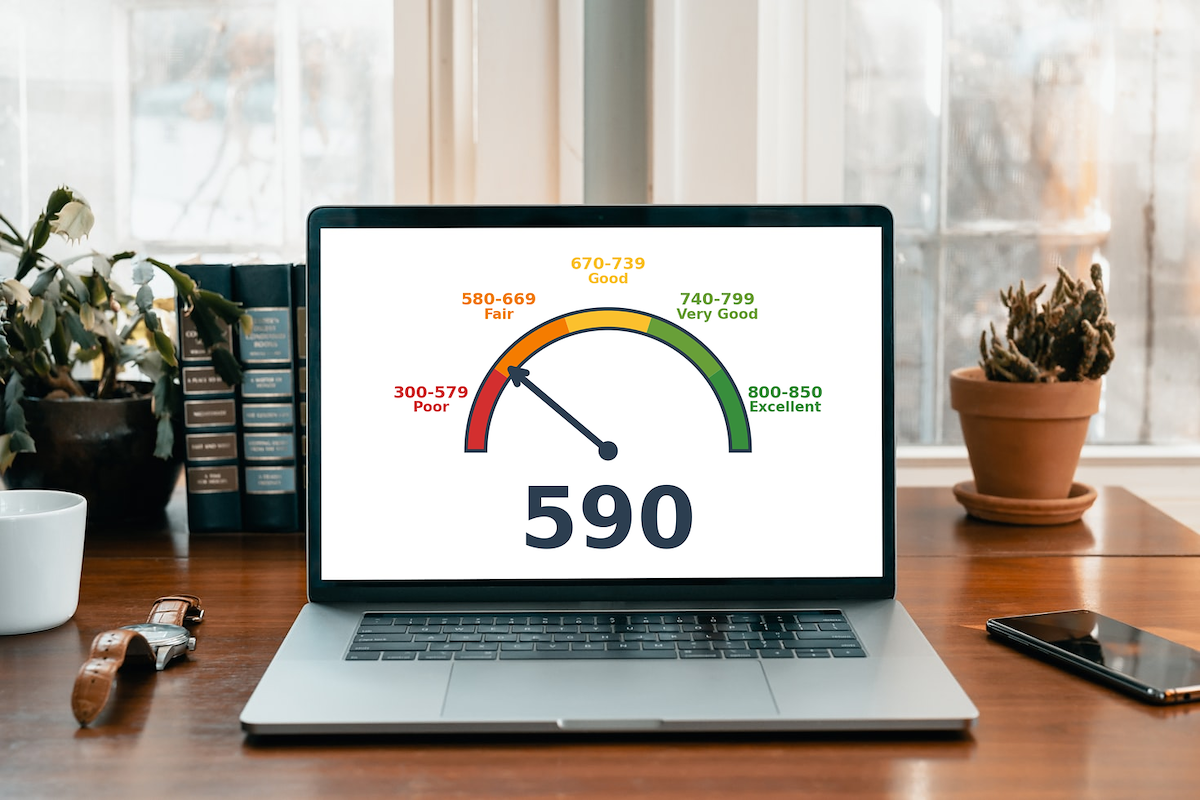
Kudos has partnered with CardRatings and Red Ventures for our coverage of credit card products. Kudos, CardRatings, and Red Ventures may receive a commission from card issuers. Kudos may receive commission from card issuers. Some of the card offers that appear on Kudos are from advertisers and may impact how and where card products appear on the site. Kudos tries to include as many card companies and offers as we are aware of, including offers from issuers that don't pay us, but we may not cover all card companies or all available card offers. You don't have to use our links, but we're grateful when you do!
565 Credit score: What You Need to Know in 2025
July 1, 2025

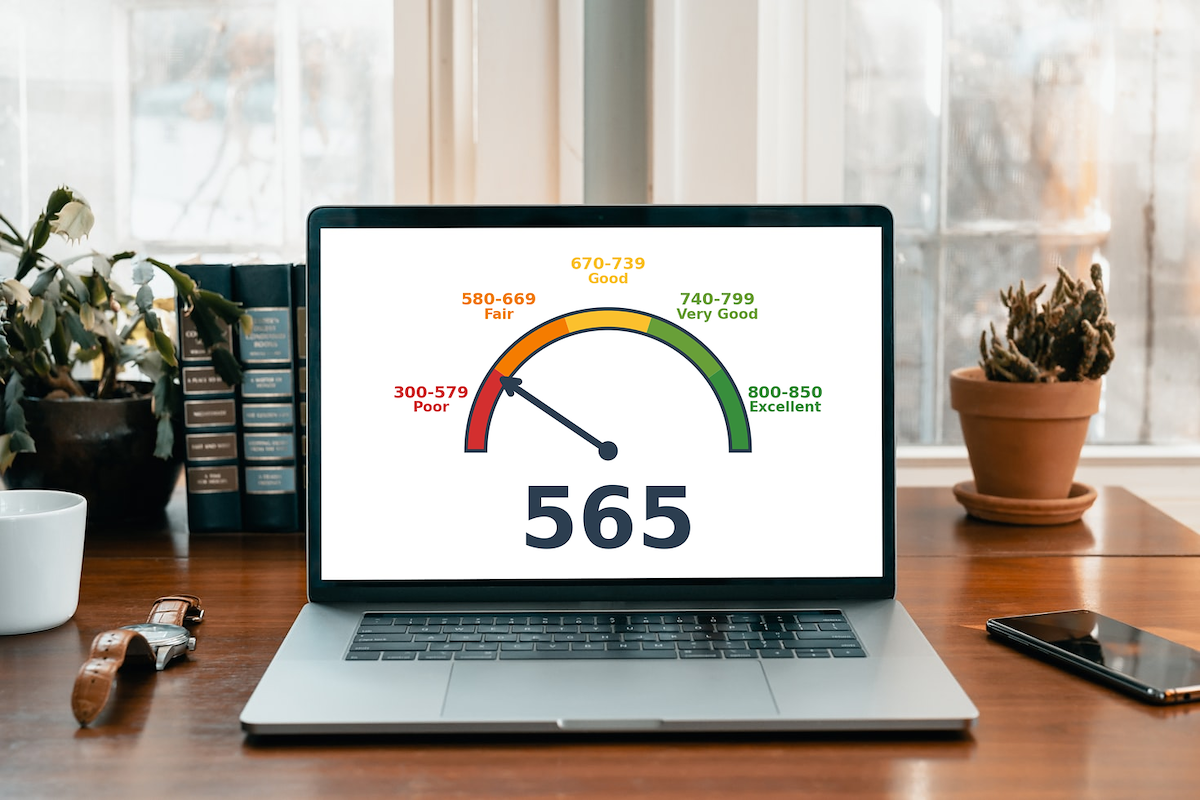
TL;DR
A 565 credit score is a foundational step on your credit journey, offering a clear path for growth. According to the FICO scoring model, this score is categorized as “Poor,” which highlights specific areas you can focus on to improve your financial standing.
What Does a 565 Credit Score Mean?
A 565 credit score falls into the "poor" range on the FICO scoring model, which spans from 300 to 850. Lenders generally consider scores below 580 to be subprime, signaling a higher-risk borrower. This designation means you may face significant hurdles when applying for new lines of credit, as financial institutions will be warier of lending to you.
Financially, this score can limit your options. Securing approvals for mortgages, auto loans, or even standard credit cards becomes much more difficult. If you are approved, it will likely be with steep interest rates and less-than-ideal terms, making borrowing significantly more expensive. While this presents challenges, a credit score is not a permanent label and reflects only a snapshot in time.
Who Has a 565 Credit Score?
Age itself isn't a direct factor in credit score calculations, but scores generally improve as people get older. This is largely because older consumers have had more time to build a longer credit history and establish a positive repayment track record. According to 2023 Experian data, the average FICO score breaks down as follows by age group:
- Ages 18–26: 680
- Ages 27–42: 690
- Ages 43–58: 709
- Ages 59–77: 745
- Ages 78+: 760
Credit Cards With a 565 Credit Score
A credit score of 565 is considered poor, which can significantly impact your ability to get approved for a new credit card. Most lenders view this score as high-risk, meaning you'll likely face rejections for traditional unsecured cards that offer premium rewards and benefits. If you are approved, it will probably be for a secured card or one with less favorable terms, such as a high annual percentage rate (APR) and a low credit limit.
Kudos can help you find the best card for your financial situation with its AI-powered tools like the Explore Tool and Dream Wallet. By analyzing your financial preferences and spending habits, these tools provide personalized recommendations from a database of nearly 3,000 cards, helping you find options suited to your credit-building journey.
Auto Loans and a 565 Credit Score
A 565 credit score places you in the subprime category, which can make securing an auto loan more challenging. According to a 2025 analysis, lenders typically view this score as higher risk, often resulting in significantly higher interest rates and less favorable loan terms.
- Super-prime (781-850): 5.25% for new cars, 7.13% for used cars
- Prime (661-780): 6.87% for new cars, 9.36% for used cars
- Non-prime (601-660): 9.83% for new cars, 13.92% for used cars
- Subprime (501-600): 13.18% for new cars, 18.86% for used cars
- Deep subprime (300-500): 15.77% for new cars, 21.55% for used cars
Mortgages at a 565 Credit Score
A 565 credit score significantly narrows your mortgage loan options, placing conventional loans out of reach. Your most viable path is likely an FHA loan, which is available to borrowers with scores as low as 500. However, because your score is below the 580 threshold, you will be required to provide a down payment of at least 10% instead of the standard 3.5%.
Beyond a larger down payment, a 565 score leads to less favorable loan terms. You can expect higher interest rates and fees, including costly FHA mortgage insurance premiums that increase the overall price of your loan. Lenders will also subject your application to stricter scrutiny, a process known as manual underwriting, to offset the higher risk associated with your credit profile.
What's in a Credit Score?
Figuring out what goes into your credit score can feel like trying to solve a complex puzzle, but it generally boils down to a handful of key elements. The most common factors include:
- Your payment history, which tracks whether you pay your bills on time, is the most significant factor.
- Credit utilization, or the amount of credit you're using compared to your total available credit, also plays a major role.
- The length of your credit history demonstrates your experience with managing credit over time.
- Having a healthy mix of different types of credit, such as credit cards and installment loans, can positively impact your score.
- Finally, recent credit inquiries, which occur when you apply for new credit, are also taken into account.
How to Improve Your 565 Credit Score
Improving your credit score is an achievable goal that requires consistent, positive financial behaviors. There are several proven methods you can use to boost your creditworthiness and build a healthier financial profile.
- Establish Automatic Bill Payments: Set up automatic payments for all your accounts to ensure they are paid on time. Since payment history is the largest factor in your score, this is a critical step to prevent further damage and start building a positive record.
- Reduce Your Credit Utilization Ratio: Aim to keep your credit utilization below 30% by paying down balances. High utilization signals risk to lenders, so lowering it demonstrates responsible credit management and can significantly help a 565 score.
- Apply for a Secured Credit Card: Consider getting a secured credit card, which requires a small security deposit and is easier to obtain with a lower score. This provides an opportunity to build a positive payment history as your activity is reported to the credit bureaus.
- Monitor Your Credit Reports: Regularly check your credit reports from Experian, TransUnion, and Equifax for free. This allows you to identify and dispute any errors or inaccuracies that could be unfairly dragging down your score.
To find the right credit-building cards and tools for your situation, Kudos can help you explore and compare your options.

Supercharge Your Credit Cards
Experience smarter spending with Kudos and unlock more from your credit cards. Earn $20.00 when you sign up for Kudos with "GET20" and make an eligible Kudos Boost purchase.
Editorial Disclosure: Opinions expressed here are those of Kudos alone, not those of any bank, credit card issuer, hotel, airline, or other entity. This content has not been reviewed, approved or otherwise endorsed by any of the entities included within the post.


















